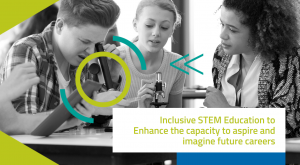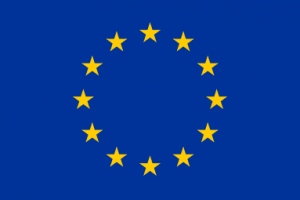As part of FEDORA Project, resources for secondary teachers and students have been produced by Professor Sibel Erduran of University of Oxford, UK and Dr Olga Ioannidou of University College Dublin, Ireland. The resource pack aims to support lessons about timely and pressing issues related to science and society such as climate change. There are four sets of materials on the topic of climate change that cover the causes and effects of climate change, facts about climate change, engagement in an informal learning environment such as a museum and discussion of future scenarios. Each set is designed to engage and empower the pupils. Extension activities are highlighted about gender and career options.
The resources can be visualized/downloaded at the following link: FutuRISE
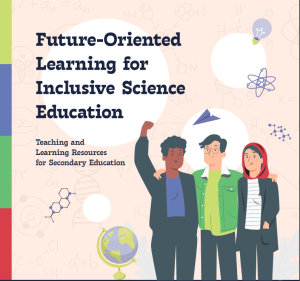
This report published in 2015 provides a new framework for different types of science education and stresses that we need to have a collective vision and a shared sense of responsibility if we want to be successful in a thriving world. Aimed at policymakers working for education policies, it acknowledges the need for evident and practical collaborations between formal, non-formal and informal educational providers, enterprises and civil society.
This foresight study aims to leap forward, envisioning plausible medium- and long-term futures for the European labour markets. It aims to shed light on how jobs will change in the contxt of the green transition. This study goes beyond short term forecasts and covers all of the three time horizons: i) expected, ii) transition, and iii) futures. Expected developments were derived from a review of existing quantitative analyses. Drivers of change relevant to the green transition and more generally to the labour market were collected from literature. Based on expected developments and key drivers of change, ‘snapshots of the future’ were sketched. These snapshots highlight long-term futures by 2040 and beyond. Combining the insights gained from forecasting and foresight, implications were derived for the future of jobs & skills in the green transition.
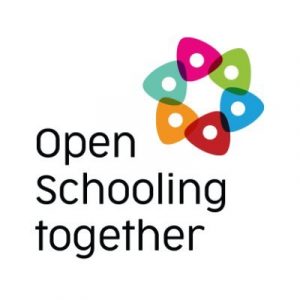
MAtematica Divulgazione e Didattica – curated by the Italian Society of applied and industrial mathematics.
Scientific knowledge is the most solid and robust kind of knowledge that humans have because of the self-correcting character inherent in its own processes. Nevertheless, anti-evolutionists, climate denialists, and anti-vaxxers, among others, question some of the best-established scientific findings, making claims that are unsupported by empirical evidence. A common aspect of these claims is the reference to the uncertainties in these areas of research, which leads to the conclusion that science is uncertain about evolution, climate change, and vaccination, among others. The truth of the matter is that while the broad picture is clear, there exist―and will always exist―uncertainties about the details of the respective phenomena. In this book Kampourakis and McCain show that uncertainty is an inherent feature of science that does not devalue it. In contrast, uncertainty actually makes science advance because it motivates further research.
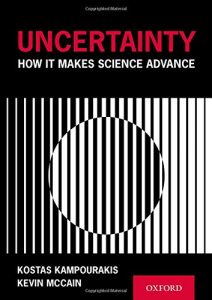
Current directions in psychological science
This paper makes the case for deep and radical change to New Zealand's approach to science education. It discusses the implications of recent science education research and policy work, and argues New Zealand still has a long way to go to developing a future-oriented science education system. It explores what needs to change and contains suggestions for some first steps.
“Developing science education that is a better fit for the times we live in is a massive undertaking and it is unrealistic for schools to do it on their own. As well as rethinking the relationships between schools, the science community and the wider community, and investing in teacher professional learning, it will also be important to find ways of educating the wider community as to why these changes are necessary.”
The 2030 Agenda for Sustainable Development, adopted by all United Nations Member States in 2015, provides a shared blueprint for peace and prosperity for people and the planet, now and into the future. At its heart are the 17 Sustainable Development Goals (SDGs), which are an urgent call for action by all countries - developed and developing - in a global partnership.
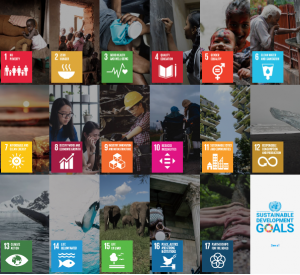
Over the next 200 years, we can expect all of the Earth's glaciers to disappear -- unless we act now, says writer Andri Snær Magnason. Telling the story of the Okjökull glacier in Iceland, the first glacier lost to climate change, Magnason explains why we need to start connecting to the future in a more intimate, urgent way in order to stabilize the Earth for generations to come.
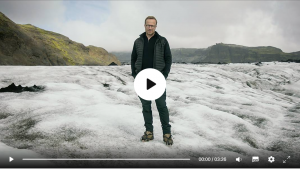
Can artificial intelligence surpass humans, and how education must make its revolution. Since the publication in 2011 of his first essay La mort de la mort, how technomedicine will upset humanity, Laurent Alexandre has revealed himself as one of the most visionary analysts of technological revolutions. He is now tackling Artificial Intelligence (AI) and the dizzying changes it will trigger in our lifestyles, and in particular in our conception of education.
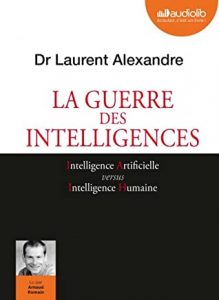
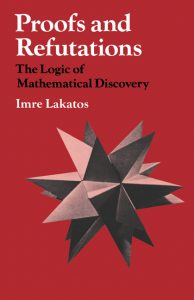
Civilization is revving itself into a pathologically short attention span. This text describes a long-term project designed to encourage people to think beyond the psychological barrier of the millennium and into the future. The Long Now Foundation, founded by some of the world's most influential and cutting-edge thinkers, plan to build a gigantic mechanical clock, perhaps as large as Stonehenge, in the American desert. It is intended to record time for 10,000 years.
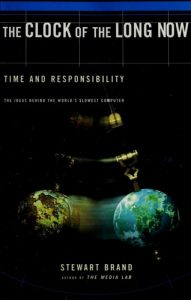
In advocating an action-oriented and issues-based curriculum, this book takes the position that a major, but shamefully neglected, goal of science and technology education is to equip students with the knowledge, skills, attitudes and values to confront the complex and often ill-defined socioscientific issues they encounter in daily life as citizens in an increasingly technology-dominated world carefully, critically, confidently and responsibly. [...]
Teachers Pay Teachers is an online marketplace where teachers buy and sell original educational materials. TpT is the go-to place for educators to find the resources, knowledge, and inspiration they need to teach at their best. They offer more than 3 million free and paid. resources, created by educators who understand what works in the classroom.
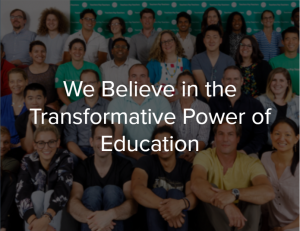
SenseMaker® reflects thick data back to users in visual forms that allow exploration and insight discovery to allow for rapid identification of threats and opportunities. It enables change, innovation, risk management, and decision-making with the benefit of the collective knowledge of the participating contributors. It reveals the landscape of a collective meaning, so that with an understanding of both “what” and “why”, change, opportunities, or threats can be managed effectively under conditions of uncertainty and complexity.
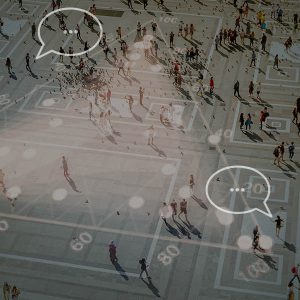
Arizona State University – This center for science and the imagination brings writers, artists and other creative thinkers into collaboration with scientists, engineers and technologists to reignite humanity’s grand ambitions for innovation and discovery. It serves as a network hub for audacious moonshot ideas and a cultural engine for thoughtful optimism, while providing a space for productive collaboration between the humanities and the sciences, bringing human narratives to scientific questions, and exploring the full social implications of cutting-edge research.
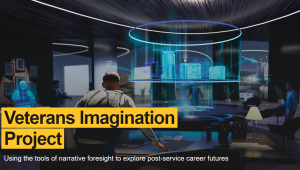
Collection of videos prepared and performed by a creative groups of artists based in Milan
Watch on Vimeo, Official website of the group
Science education for the future – this was the theme for an inspiring, challenging day of discussion hosted by the New Zealand Association for Research in Education (NZARE) Science Special Interest Group in September 2019.
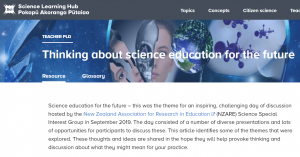
A playlist of future-related videos.
LINK: https://www.youtube.com/playlist?list=PLOdGtRI7qAV2Z72kcTDU6afJB4r6Lk_0R
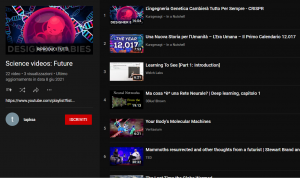
In Sapiens: A Brief History of Humankind, Harari surveys human history from the evolutionary emergence of Homo Sapiens to 21st Century political and technological revolutions. Harari's follow-up book, Homo Deus: A Brief History of Tomorrow, was published in 2016 and examines the possibilities for the future of Homo sapiens. His latest book, 21 Lessons for the 21st Century, published on 30 August 2018, focuses more on present-day concerns.
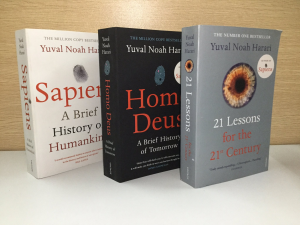
Following a brief historical survey of the popular 'slogans' that have influenced science education during the past quarter century and a review of current international debate on scientific literacy and science pedagogy, the author takes the view that while much of value has been achieved, there is still considerable cause for concern and that it is time for action in two senses. First, it is time to take action on the school science curriculum because it no longer meets the needs, interests and aspirations of young citizens. Second, it is time for a science curriculum oriented toward sociopolitical action. [...]
Children’s Universities facilitate a necessary dialogue between children and scientists about our world. Sometimes including students. Sometimes including parents. But always including respect and acknowledgement of different viewpoints and transmitting the importance of critical questioning.
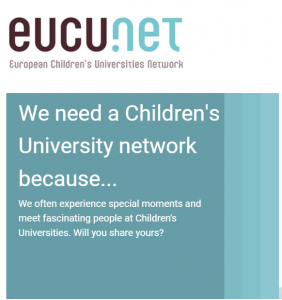
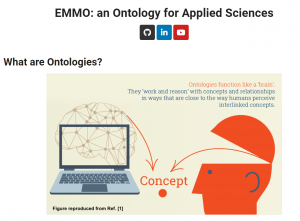
PLATO’s mission is to empower PreK-12 students through philosophy, based on the conviction that every child’s voice matters and that philosophy helps young people to express their own ideas and questions confidently and well.
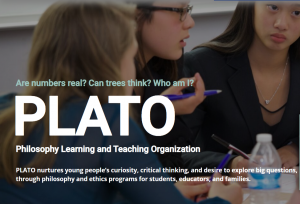
IMDB: https://www.imdb.com/title/tt1854226/
Professor Brian Cox visits some of the most dramatic parts of the globe to explain the fundamental principles that govern the laws of nature - light, gravity, energy, matter and time. With the world's most profound science at its heart, Wonders Of The Universe reveals how the story of humanity is intimately entwined with that of the complex story of the origins of the universe.
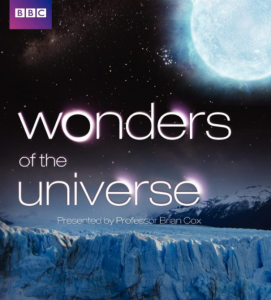
A youtube playlist of very inspiring videos.
Watch on youTube
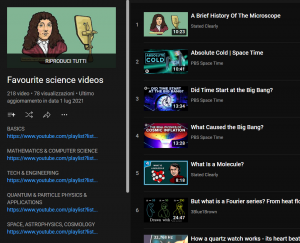
A hard read, but it tells a story of human civilisation getting 'as far as it can go' - it's a positive vision of the next millenia upon millenia of human progress and change.
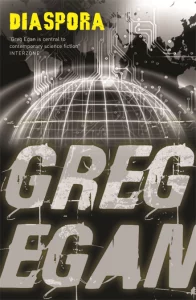
Bildung is a complex educational concept that emerged in Germany in the mid eighteenth century. Especially in Germany and Scandinavia conceptions of Bildung became the general philosophical framework to guide both formal and informal education. Bildung concerns the whole range of education from setting educational objectives in general towards its particular operation in different school subjects, among them science education. In more recent years, the concept of Bildung has slowly begun to be used in the international science and environmental education literature. This paper presents a systematic analysis of the international literature concerning the use of the concept of Bildung, with a view on its meaning in and for science education.
WEBSITE: https://www.stem.org.uk/enrichment/stem-directory
The STEM Directory is a database of providers offering STEM enhancement and enrichment to schools and colleges locally and nationally. Teachers can easily search for shows, workshops, debates, challenges, visiting speakers and more.
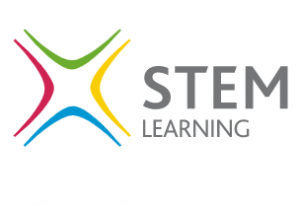
Promoting future-scaffolding skills deserves special attention in present-day multicultural Europe. Since culture influences how we conceive of the future, the approaches to teaching these future-scaffolding skills are built on principles of diversity and inclusive education in which each student has a unique identity and different abilities, knowledge and experience to contribute. In order to realize future-scaffolding skills in STEM education, the I SEE partnership develops innovative teaching-learning modules and guidelines for teachers, research reports and policy recommendations. Examples of students’ creative work outputs will be available too.
